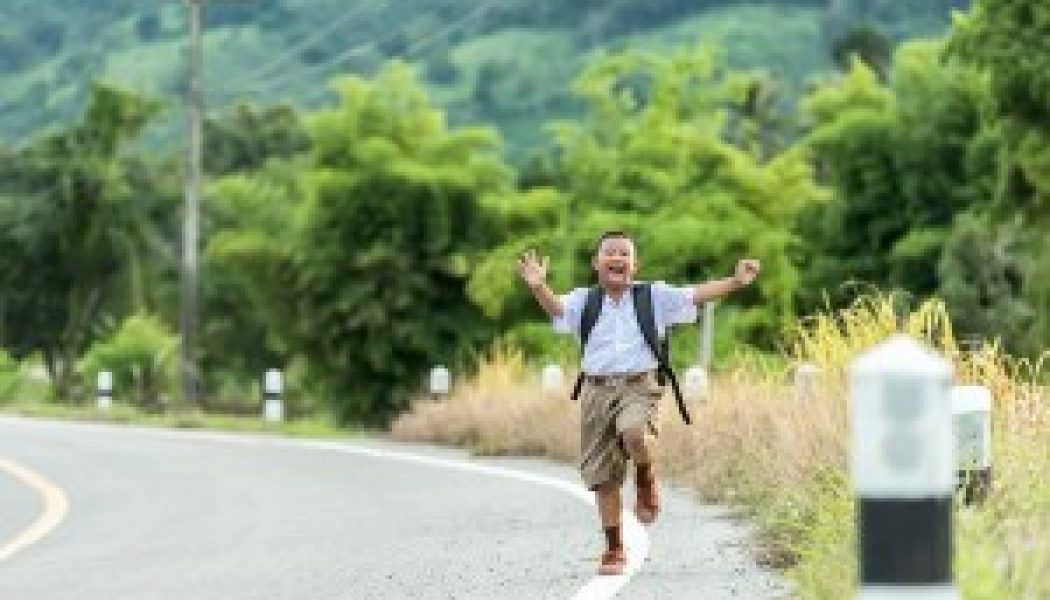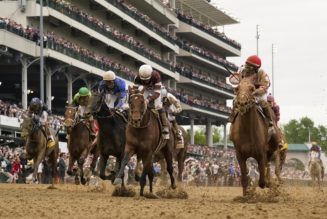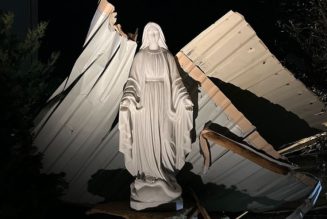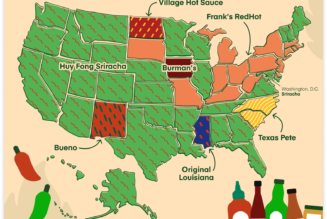The very idea that students will suffer any significant loss of educational attainment by losing two months of twelve-plus years of school—less than two percent—is nonsense. Such an argument that every minute of school attendance is irreplaceable can only be made by someone who never attended American elementary and secondary schools.
 A frequently worried-about consequence of the coronavirus pandemic has been the supposed harm to the education of elementary and secondary school students. Heroic efforts have been made to hold classes on-line. Some public-school systems have considered or are considering “making up” for the loss of the last two months of the school year by convening summer school.
A frequently worried-about consequence of the coronavirus pandemic has been the supposed harm to the education of elementary and secondary school students. Heroic efforts have been made to hold classes on-line. Some public-school systems have considered or are considering “making up” for the loss of the last two months of the school year by convening summer school.
Instead, all schools, public and private, should have shortened the school year and given final yearly grades based on the months completed. Then everyone, students, teachers, and staff could have been given time off until the beginning of the fall semester.
But what about the loss of learning and the interruption in the scheduled month-by-month, year-by-year progression of learning objectives throughout the elementary and secondary years of school?
The answer is that there will be none. The very idea that students will suffer any significant loss of educational attainment by losing two months of twelve (now fourteen) years of school—less than two percent—is nonsense. Such an argument that every minute of school attendance is irreplaceable can only be made by someone who never attended American elementary and secondary schools. The two percent loss can be easily made up by the end of the next year, or sooner. And let’s not talk about the month of spring fever, May. Everyone knows from experience that little is accomplished in that month.
This exaggerated fear of the loss of educational content is based on two contemporary assumptions that are mutually-reinforcing. The first is that almost all of education, especially what is needed to “get ahead” in life, occurs in classrooms. So much institutionalized “education” makes for scheduled and regimented kids, with the result that neither the kids nor their parents know what to do when the kids have time on their hands. Second, today a major unspoken purpose of pre-school, school, and after-school activities is daycare. With both parents working or with broken or never-formed families, the kids have to be someplace during the day. And schools have responded to the decline of the American family by expanding what used to be regarded as parental duties, for example, by providing breakfast, lunch, and take-home dinners, and counseling services of various kinds.
Thus: a system of regimented, warehoused kids. But the system has been ambushed by the coronavirus emergency. Perhaps something can be learned from this “time out.” The necessity of personal and social leisure and private reading, for instance, might be re-discovered—or discovered. There is more to real education than textbooks, workbooks, programmed learning, and computer-based instruction.
There are studies of what students “lose” when they are out of school in the summer months. But that is compensated for at the beginning of the next year. That annual loss and recovery—or “review”—occurs every year in every school. And if such time out-of-school is alleged to be so harmful, then school should be year-round. There are some school districts, about ten percent, that have year-round schools, but universal year-round schooling was proposed and mostly rejected about 20 years ago. We did not become that regimented.
Reports are that around ten to twenty percent of kids from lower-income or dysfunctional families have not been attending school on-line, partly because there are still homes without broad-band access. (It is time to make broad-band access part of the public infrastructure). So, those kids, who are already likely to be behind in classroom work, are getting further behind – another detriment of hastily organized virtual schooling.
After cancelling the remainder of the “academic” year, schools should have put out age-appropriate reading lists of good literature. Private reading is learning on your own. It also stimulates the imagination – a counter to regimented education. But, even so, it does have a social aspect. When we read a good book, we want to know who else has read it. Schools should make their internet sites available for voluntary book discussions—led by students.
And the time-off from schooling would allow for a less pressured and more thoughtful planning for the fall semester. Schools were shut down all of a sudden, and virtual schooling happened all of a sudden and off-the-cuff.
Some school districts considered re-opening schools in the summer in order to “finish” the school year. No one is talking about actual in-person summer attendance now, but maybe a majority of the districts are considering the continuation of the current virtual classes. But with still a couple of weeks before the beginning of June and with the re-opening of the economy, that will have the additional effect of canceling a lot of summer jobs that many teachers (and teenagers) count on. Likewise, another substantial portion of teachers regularly plan for their summers off.
Let’s focus our attention on the pandemic and the re-opening of the economy. That is more than enough to worry about. And here’s a final thought:
What if we just let the children play?
The Imaginative Conservative applies the principle of appreciation to the discussion of culture and politics—we approach dialogue with magnanimity rather than with mere civility. Will you help us remain a refreshing oasis in the increasingly contentious arena of modern discourse? Please consider donating now.
The featured image is courtesy of Pixabay.









